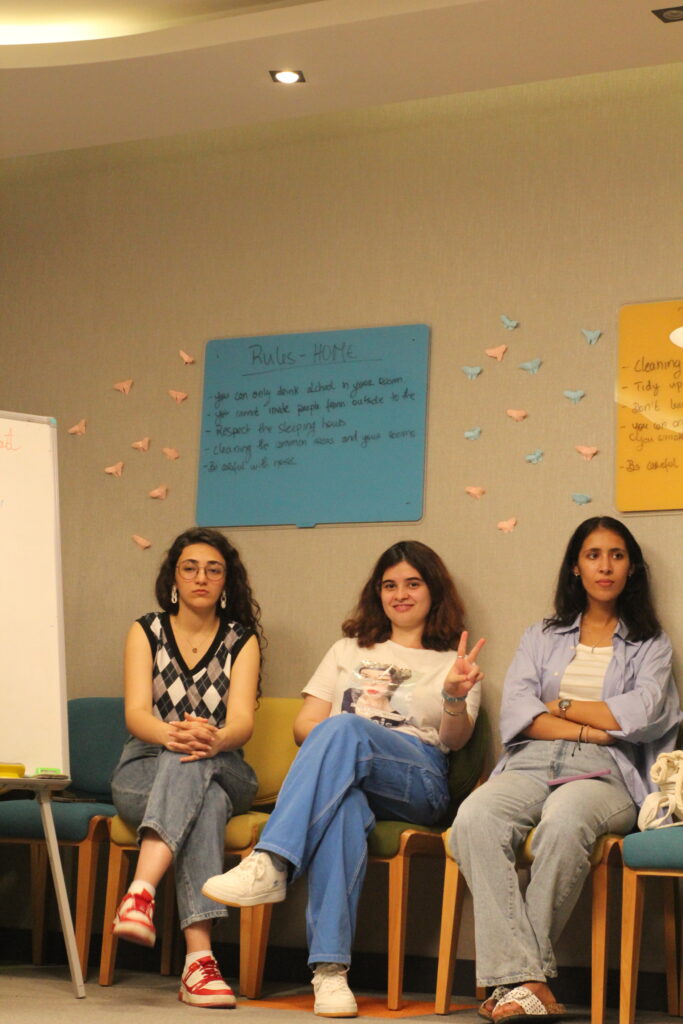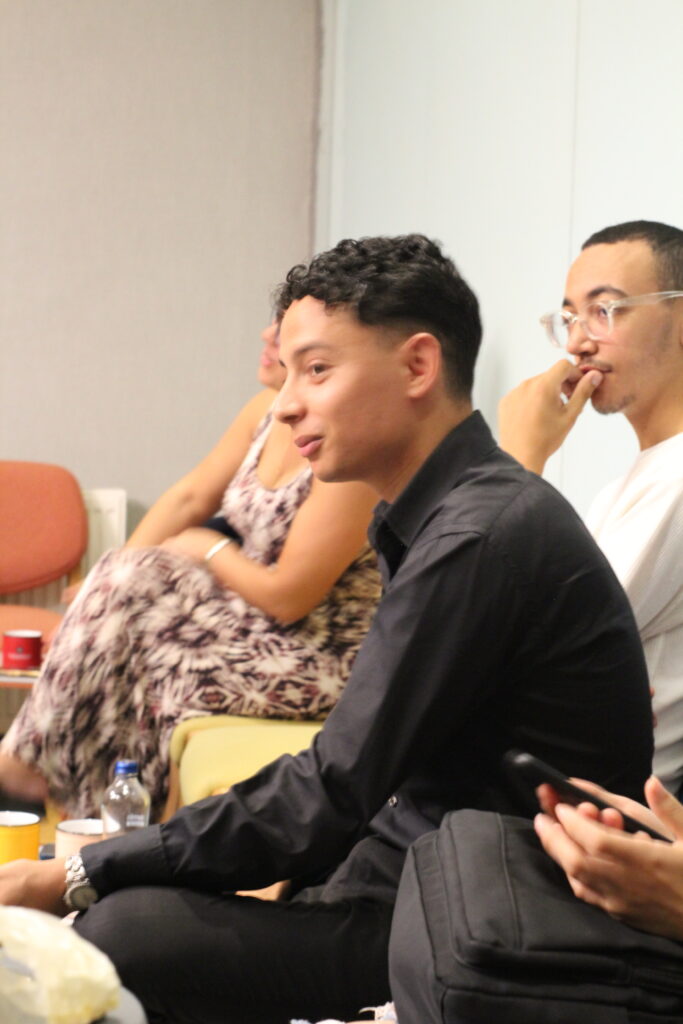Cancer Support Groups: A Beacon of Hope
Cancer Support Groups: A Beacon of Hope
Receiving a cancer diagnosis can be an overwhelming and frightening experience. The sudden flood of questions and uncertainties can make the journey ahead seem daunting. During such challenging times, finding solace and support becomes crucial. While friends and family offer invaluable comfort, sometimes the most profound understanding comes from those who are walking the same path. Cancer support groups provide a unique space where individuals can connect, share, and find strength together.
The Benefits of Cancer Support Groups
Cancer support groups are gatherings where people affected by cancer—whether patients, survivors, or loved ones—come together to share their experiences, challenges, and triumphs. Research has shown that participating in these groups can significantly improve both quality of life and even survival rates. The sense of community and understanding within these groups can be a powerful source of hope and resilience.
These groups offer a safe environment to express feelings, work through emotional turmoil, and navigate the complexities of living with cancer. Whether it’s dealing with the side effects of treatment, managing practical issues like work or school, or simply finding someone who truly understands, support groups can be a lifeline.
Receiving a cancer diagnosis can be an overwhelming and frightening experience. The sudden flood of questions and uncertainties can make the journey ahead seem daunting. During such challenging times, finding solace and support becomes crucial. While friends and family offer invaluable comfort, sometimes the most profound understanding comes from those who are walking the same path. Cancer support groups provide a unique space where individuals can connect, share, and find strength together.


Different Focuses and Formats
Cancer support groups are as diverse as the people they serve. Some groups welcome individuals with all types of cancer, fostering a broad sense of community, while others focus on specific cancers, such as breast or prostate cancer. Additionally, some groups are tailored to particular demographics, such as age, gender, culture, or religion. For example, there are support groups specifically for teens or young children, providing age-appropriate support in a nurturing environment.
Family members and caregivers also play a vital role in the cancer journey, and support groups dedicated to them can be incredibly beneficial. These groups address family concerns such as role changes, relationship dynamics, financial stress, and the emotional challenges of supporting a loved one with cancer. Some groups even include both cancer survivors and their families, fostering a holistic approach to healing and support.

Types of Support Groups
Cancer support groups come in various formats to accommodate different needs and preferences. In-person support groups often meet in hospitals, community centers, schools, or other convenient locations. These gatherings provide face-to-face interaction, allowing for deep, personal connections.
For those who may not be able to attend in person, online support groups offer a flexible alternative. These virtual meetings take place through chat rooms, webinars, social media platforms, or moderated discussion forums. Online groups are accessible at any time, making them ideal for individuals who cannot travel or who live in remote areas. The ability to connect with others day or night ensures that support is always available when needed.
Finding and Maximizing the Benefits of Support Groups
Locating a suitable support group is often the first step towards finding a community of understanding and support. Information about available groups can be obtained from healthcare providers, nonprofit organizations dedicated to specific medical conditions, or through national health websites.Joining a new support group can be intimidating at first, especially when sharing personal experiences with strangers. It’s okay to start by listening, allowing yourself time to acclimate to the group dynamics. Over time, contributing your own stories and insights can enhance your experience, making the group more beneficial.
It’s important to remember that while support groups offer emotional and practical assistance, they are not a replacement for medical care. Always keep your healthcare provider informed of your participation in a support group. If you find that a group isn’t the right fit for you, don’t hesitate to explore other options or seek professional counseling.
Conclusion
Navigating the challenges of cancer can be an isolating experience, but cancer support groups offer a beacon of hope. Whether in person or online, these groups provide a unique opportunity to connect with others who understand the journey, offering comfort, advice, and a sense of belonging. For anyone facing the uncertainties of cancer, joining a support group can be a vital step towards finding the strength and courage to move forward.
References
Mayo Clinic. “Support groups: Make connections, get help.” 2023, https://www.mayoclinic.org/healthy-lifestyle/stress-management/in-depth/support-groups/art-20044655.
National Cancer Institute. “Cancer Support Groups.” 2024, https://www.cancer.gov/about-cancer/coping/adjusting-to-cancer/support-groups.
[Macedonian]